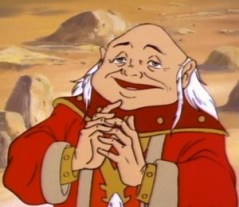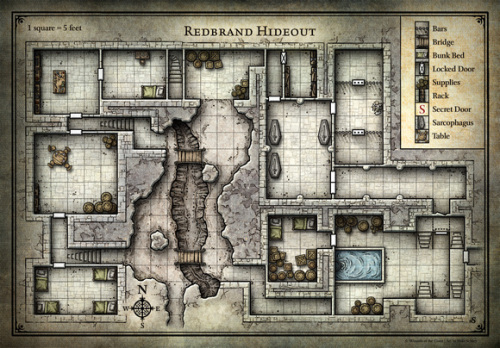When someone creates a character they may not understand that they are creating a completely separate entity. There are new players who will try and base a character off themselves, but there will always come a point where the player has to let the character take over. This is because they have been but in an impossible or unthinkable situation.
This can help people learn how to act and or express themselves in new ways. It allows for people to try and recognize or understand how they will act in similar situations. It makes you think about that which most people might never consider.
An examples might help to get this point across. Vinnie was an up and coming gangster, when his world was turned upside down when he was turned into a vampire. Then as a vampire he gained the amazing power of illusions and this power grew until his illusions could become reality. Of course he had to do some inconceivable things such as killing and drinking blood and other such things. His amazing illusion powers however turned him into a paranoid schizophrenic because he could no longer tell illusion from reality while at the same time being employed as a puppet leader for the vampire group he had been adopted into.
Now imagine if you had been the player of Vinnie. Having to go through all of these inconceivable scenarios, would you have attempted to steer the character away from these events, rolled with the punches, or attempt to go beyond what happened?

